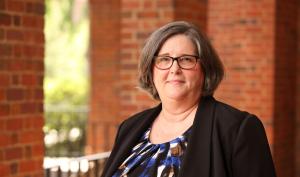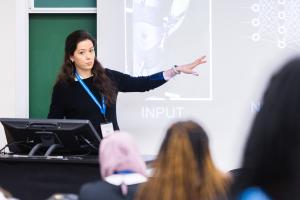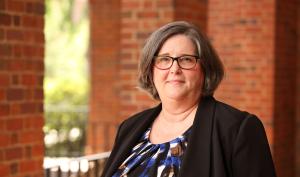Briana Morrison
About
Prior to joining UVA, Briana worked for IBM for 8 years as a software developer and then transitioned to academia. She was an Assistant Professor at Southern Polytechnic State University (now Kennesaw State University) for 20 years in the Computer Science department. She was the Undergraduate Coordinator for the Computer Science and Software Engineering programs, helped to found the Computer Game Design and Development degree program, and served as the lead for 2 successful ABET accreditation visits. She has a PhD in Human-Centered Computing from the Georgia Institute of Technology, a master's in Computer Science, and a bachelor's degree in Computer Engineering. She also was an Assistant Professor at the University of Nebraska Omaha for 5 years where she taught programming courses and classes in the Masters of Computer Science Education Program. She has served on the ACM SIGCSE Board, the ACM Education Committee, the College Board AP CSA Development Committee, and was the co-editor of EngageCSEdu. She is an ACM Distinguished Member and is currently the co-Chair of the ACM Education Board. Her research area is Computer Science Education where she explores cognitive load theory within programming, broadening participation in computing and expanding and preparing computing high school teachers.
Education
Ph.D., Human Centered Computing, Georgia Institute of Technology
M.S., Computer Science, Southern Polytechnic State University
B.S.E., cum laude, Computer Engineering, Tulane University
Research Interests
Selected Publications
Courses Taught
Awards
Featured Grants & Projects
This award supports the scale-up of previous work conducted by the University of Northern Iowa Partnership for CS Teacher Preparation. In order to meet the goals of this award, the partnership will work with approximately 18 AEA personnel and 150 classroom teachers participating in two phases over a roughly three-year period. Each of these participants will complete the coursework necessary to earn Iowa's CS endorsement and, in the process, become well-prepared to teach a high-quality introductory programming or CS Principles course. Participants will become familiar with engagement practices and culturally-responsive computing through modeling and explicit instruction. Partner district support personnel will attend a Broadening Participation workshop to learn about biases and to formulate district goals for building a more positive school environment. By the end of the project, six of the nine state AEAs will have hosted a cadre of participants, and the RPP will be well-positioned to launch a truly statewide network for CS Teacher Preparation.


